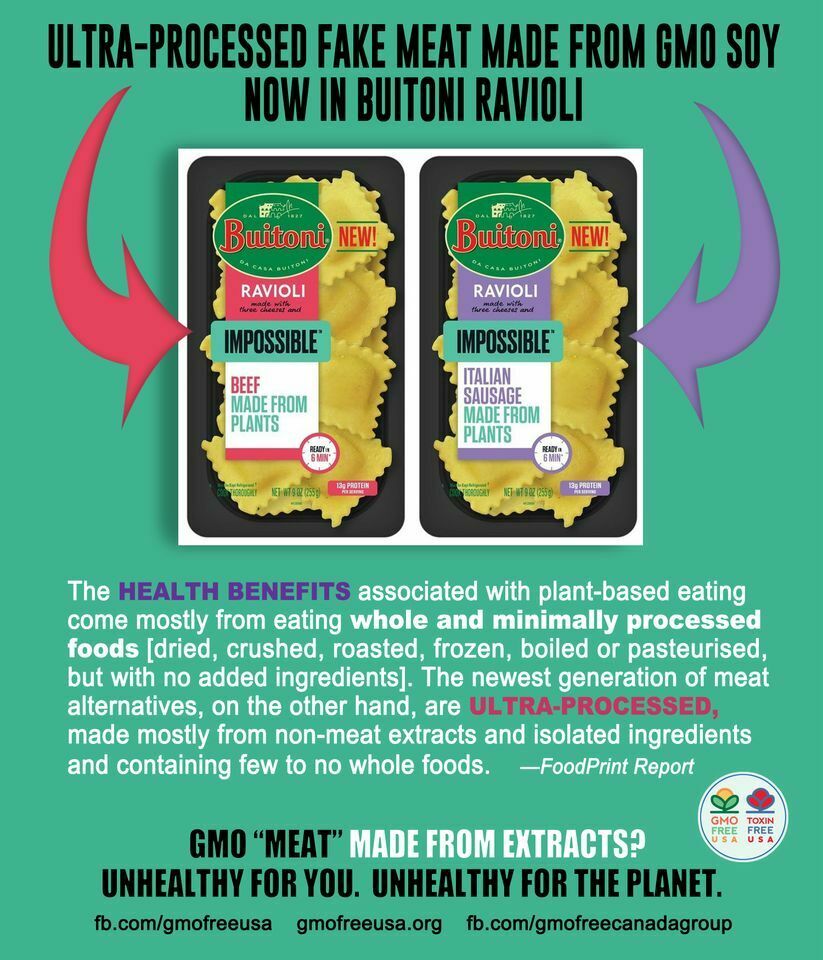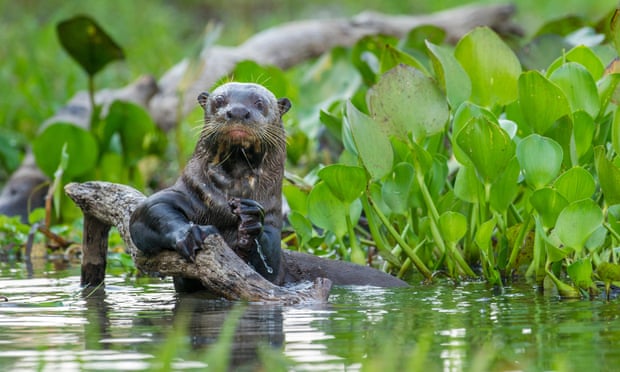Hmm, interesting. My heart must be crazy strong now then, since soy is like 70% of my diet :D
https://www.sciencedaily.com/releases/2024/11/241114130201.htm
One person like that
Hmm, interesting. My heart must be crazy strong now then, since soy is like 70% of my diet :D
https://www.sciencedaily.com/releases/2024/11/241114130201.htm
#Vegetables are the most important source of nutrients nature has to offer. It provides alkaline-forming minerals, energizing proteins and a multitude of cell-protecting vitamins and secondary plant substances – with a really low calorie and sugar content. In addition, there are dietary fibers and enzymes which we need to ensure regular digestion. Greens such as leafy vegetables and salad should account for the major part of our diet as they reveal a wide range of nutrients and are good chlorophyll suppliers.
#Grasses unite all benefits of green vegetables in themselves –even exceeding them. Edible types include types such as wheat grass, barley grass, oat grass, couch grass and field horsetail. Some of them are available in health food stores but they can also be taken in as food supplements.
#Sprouts and germlings from the seeds of corn, legumes and other plants are loaded with minerals, vitamins, proteins and enzymes. In addition, they are more wholesome than raw or cooked peas, lentils and so on. Homegrown sprouts and germlings can usually be harvested within a few days and guarantee absolute freshness all over the year.
#Soy in the form of soybean sprouts as well as tofu is an excellent source of proteins and contains a number of unique secondary plant substances protecting not only the cells.
#Nuts, seeds and oils made of them provide valuable fatty acids. If you soak almonds, sesame or linseeds, you can even increase their nutritional value as the water activates the enzymes contained therein.
#Omega-3 fatty acids are important for maintaining heart and brain health. Omega-3 fatty acids are readily available in a wide variety of plant foods. Sources include walnuts, flaxseeds, chia seeds, hemp seeds, edamame, seaweed, and algae. Other green leafy vegetables and beans also contain small amounts.
#Herbs and #spices refine every dish and lend some extra health to it. Fresh green herbs provide us with an additional portion of chlorophyll. Garlic, onions and ginger in turn combat harmful micro organisms, and chili, cayenne and cumin stimulate digestion.
#quote from dr Young
oh to clear up all the BPA, soy, and the countless other hormone disruptors, especially the forever chemicals, to leave people be as they are, and no more of the attempting to recondition people to rethink who they are, and no more of the aggro. attacking a victim's two wrongs. loving the wound rather than the wounded compounds the harm. love everyone, accept where they are, inflame no egos.
#trans #gender #identity
#bpa #soy #hormonedisruptors #separation #violence #victimblaming #twowrongs #twowrongsdontmakearight #lovethewounded #ego
#cleantheworld #depolutetheworld #foreverchemicals
comment inspired by https://iviv.hu/posts/0e5896e0a0d4013bca9e723c915ba918 / https://dnext.societas.online/posts/0e5896e0a0d4013bca9e723c915ba918

Buitoni and Impossible Foods announced the debut of the first-ever ravioli filled with Impossible Foods' pesticide-laced GMO fake meat. The packages advertise "beef made from plants" and "Italian sausage made from plants." As if they were healthy for you or the environment. Impossible Foods’ food-like products certainly are not good for either. Impossible Foods uses genetically engineered soy grown on industrial farms using toxic synthetic herbicides, insecticides and fungicides. Yummy. And these industrial farms' crops can't grow without the petrochemical fertilizers because the soil is dead from all the chemical use. These synthetic pesticides and fertilizers kill pollinators, poison wildlife, and then runoff and pollute our streams, rivers, and oceans, killing off even more species as they flow. Ever heard of ocean dead zones? Yep, monoculture GMO farms are responsible for those. Ever heard of deforestation? Yep, monoculture GMO farms are responsible for that, too. When corporations like Impossible Foods use marketing like “made from plants” and “plant-based,” they’re trying to evoke images of whole-food vegetables.
"Plant-based to me means that a plant was actually involved in the process, or at least close to the process. In the case of these particular products that call themselves plant-based, I feel like it's almost a co-opting of that term," says Dr. Urvashi Rangan
It's not "almost co-opting." It is co-opting. And greenwashing at its finest. Do yourself a favor. If you were thinking about buying anything with Impossible Foods products in them, just don't. If you want to reduce your meat consumption, eat a whole-food, organic salad. Both your body and the environment will thank you.
#Buitoni #ravioli #ImpossibleBurger #ImpossibleFoods #GMO #soy #FakeMeat #vegan #PlantBased #health #enviroment #deforestation #EatRealFood #gmofreecanada #gmofreeusa #toxinfreeusa
The Guardian
Campaigners say draft regulation contains many loopholes, including exclusion of Cerrado and Pantanal.
The fragile Cerrado grasslands and the Pantanal wetlands, both under threat from soy and beef exploitation, have been excluded from a European Union draft anti-deforestation law, campaigners have said, and there are many other concerning loopholes. (...)
The long-awaited draft regulation, expected to be published in December, will be limited to controlling EU imports of beef, palm oil, soy, wood, cocoa and coffee, according to a report seen by the Guardian. (...)
Campaigners said the EU risks getting it wrong. They criticised the exclusion from the proposals of rubber, leather, maize and other kinds of meat, linking pigs and chickens to “embedded deforestation” through the use of soy as animal feed. (...)
The Together4Forests campaign called for the regulation to ensure protection for all kinds of ecosystems, not only forests. (...)
Other ecosystems will be excluded, even though the EU document concedes that stricter rules to protect the Amazon rainforest “have already been shown to accelerate conversion of Cerrado savannah and Pantanal wetlands for agricultural production”. It also notes that the Cerrado is “a critical region for storing carbon”, a source of water, vegetation and abundant plant life, but concludes that including such ecosystems would make it more difficult to monitor forests. (...)
The document also reveals that the law “will not specifically target the financial sector”, a blow to campaigners who argued that European banks play a role in fuelling deforestation through their lending. (...)

An endangered giant otter in a lagoon in western Pantanal – which is one of the world’s largest freshwater wetlands but is not covered by the draft law. Photograph: Nature Picture Library/Alamy.
Tags: #environment #eu #european_union #brazil #brasil #brazilie #bolivia #paraguay #cerrado #pantanal #wetlands #savannah #peatlands #cattle_farming #soy #beef #soy_plantation #palm_oil #palm_oil_plantation #deforestation #rubber #maize #wood #cocoa #coffee #plantation #coffee_plantation #maize_plantation #agriculture #Together4Forests
https://www.youtube.com/watch?v=GfiZ026XkZk
#milk #dairy #food #diet #ethics #animalrights #vegan #vegetarian #environmentalism #climatechange #globalwarming #soy #deforestation